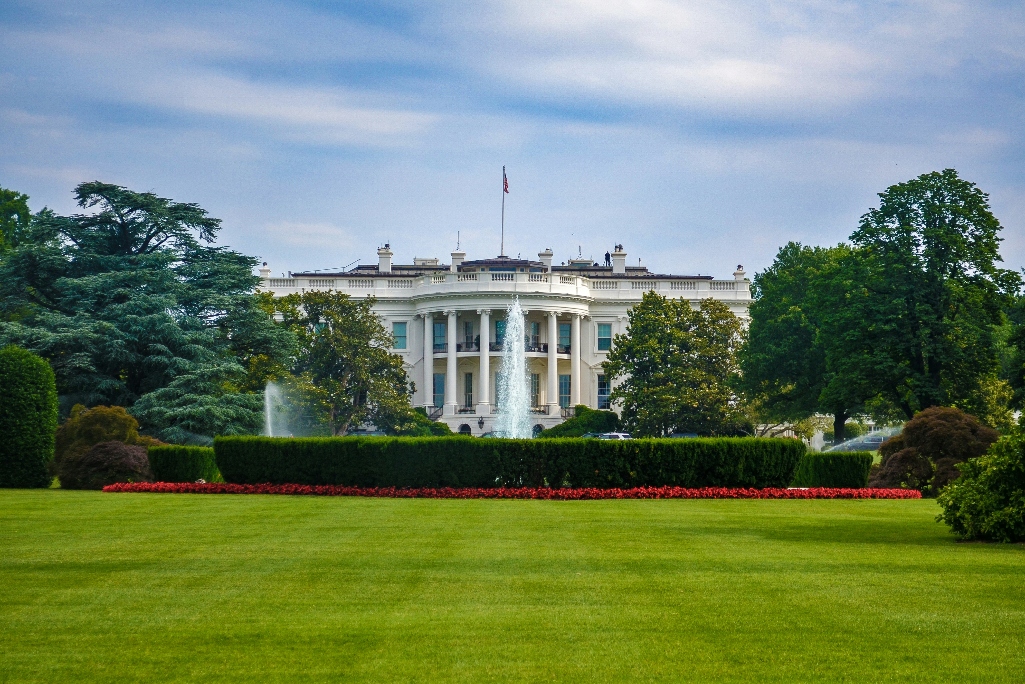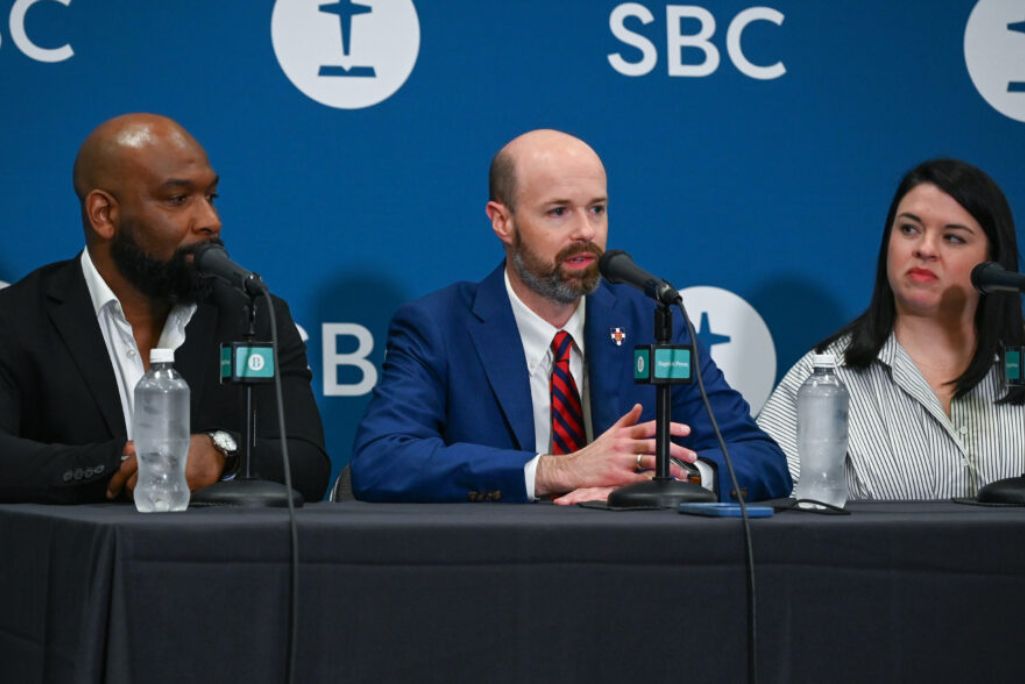
NASHVILLE (BP) — The Ethics & Religious Liberty Commission (ERLC) and partners are celebrating the rollback of proposed Biden administration rules — one set connected to foreign aid grants and the other potentially forcing employers to grant abortifacients against their will.
Proposed rules with the Department of State, presented in the spirit of inclusion, would have tied the availability of foreign aid to the hiring practices of organizations providing the aid. Such a step would have required faith-based organizations to decide whether to adhere to their religious beliefs or compromise those beliefs on issues such as sexual orientation and gender identity in order to be eligible for federal assistance, ERLC leaders said shortly after the proposed changes were brought forward early last year.
The ERLC joined five other groups in comments presenting their arguments, including the viability of an existing waiver for faith-based organizations.
The waiver was “subjective and virtually standardless,” said the group. They further quoted the waiver itself as being applied “in the best interest of the U.S. government” and questioned the fairness of the waiver, “tak[ing] into account the totality of the circumstances.”
The waiver only “allows for and empowers government agents to make individualized exceptions to the employment nondiscrimination rule.”
Those points were referenced in the Department’s response and explanation, while noting the upcoming departure of the Biden administration.
“In particular, the Department notes the concern expressed in some public comments that faith-based implementing organizations would be prohibited from employing individuals of a particular religion,” it read. “In considering alternative text to provide more clarity on this issue in the final rules, it became clear that additional time would be necessary to fully consider the suggestions provided by commenters and relevant regulatory provisions applicable to other Federal agency partnerships with faith-based organizations.”
In the government’s explanation on why the rules changes would not go forward:
“Several of these commenters sought to ensure that the provision authorizing waivers ‘in the best interest of the government’ on a range of issues would be applied on a clear and consistent basis. Some commenters referred to the proposed ‘totality of the circumstances’ factor, stating their view that this language would not be enough to guarantee that the concerns of religious organizations will be protected.”
The rules were withdrawn as of Jan. 8.
“The Biden Administration’s reasoning for the withdrawal of these harmful federal rules makes it clear that the ERLC’s engagement mattered a great deal,” said Allison Cantrell, senior policy associate in the ERLC’s Washington office.
“First, our comments necessitated a response from these federal agencies, delaying the effective date of these rules. Second, in their reasoning, the withdrawal of the Department of State’s rule references the specific concerns we expressed in our comments.
“The ERLC will continue to serve Southern Baptists by evaluating and commenting on proposed federal rulemaking, so that our church members can focus on living out their faith without fear of government backlash.”
ERLC President Brent Leatherwood pronounced the decision as “**SIGNIFICANT**” on X, saying the rules “would have been disastrous for religious orgs seeking to operate consistent with their deeply-held convictions.”
“There was a significant amount of pushback to these changes and I am grateful for the many partners and allies of the ERLC that aided in stopping [them] from being implemented,” he said.
Another set of proposed rules — one from 2023 and another from last year — regarding contraceptives under the Affordable Care Act (ACA) was withdrawn on Dec. 23.
A February 2023 proposed rule from the departments of Health and Human Services, Labor, and Treasury would have rescinded the “moral exemption” in the ACA that had been created during the first Trump administration. The moral exemption protected religious employers that object to providing abortifacient contraceptives for non-religious reasons.
The second rule, presented last October, expanded access to birth control that could compromise the deeply held beliefs of non-religious employers who oppose providing life-ending contraceptives.
“For Southern Baptists, conscience protections are essential to our ability to freely exercise our religion and live out the most basic tenets of our faith,” the ERLC wrote in its Dec. 19 comments.
In its announcement that the rules changes were withdrawn, the government noted that 268 comments — including the ERLC’s — had been received by the deadline on Dec. 27.
“The Departments have determined it is appropriate to withdraw the proposed rules at this time, focusing instead on other matters,” it concluded.
ERLC Vice President Miles Mullin called the developments “a noteworthy success story.”
“No individual or organization should be forced to surrender their deeply held beliefs to demands of the government,” said Mullin. “Over the past several years, the Biden Administration has sought to whittle away at vital conscience protections through federal rulemaking, including removing the ‘moral’ exemption to contraceptive mandates.
“The withdrawal of these rules is … why the ERLC advocates for Southern Baptists beliefs through the federal rulemaking process. It makes a difference. We are hopeful that these actions will help build pro-life momentum as the new Trump Administration takes office.”
(EDITOR’S NOTE — Scott Barkley is chief national correspondent for Baptist Press.)


